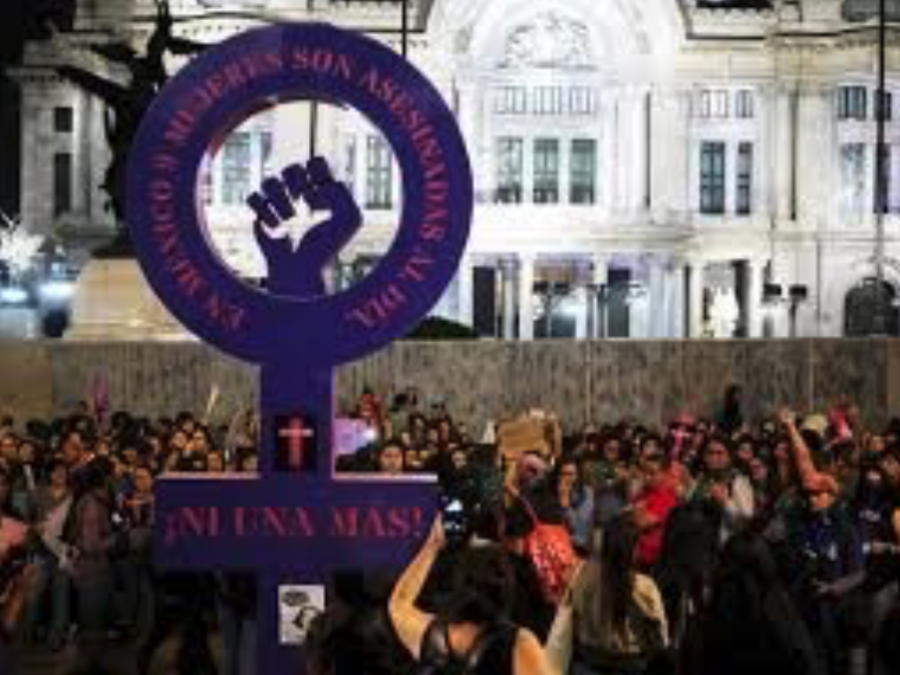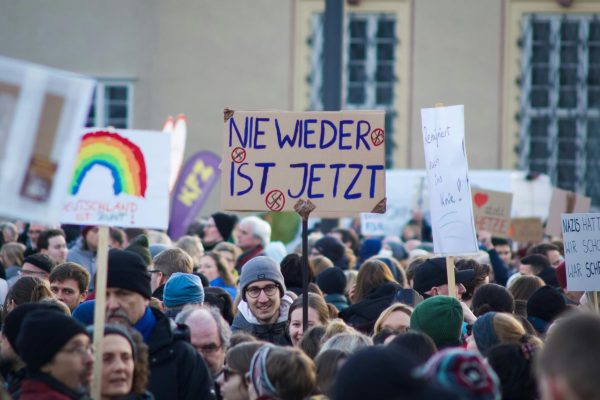Femicide in Mexico
In the first four months of 2020, 987 women and girls were murdered in Mexico.
308 of those murders were categorized as femicides, with approximately 10 women being murdered everyday
The World Health Organization (WHO) defines femicide as the ‘intentional murder of women, because they are women’. The rate of femicides occuring in Mexico has risen exponentially in the last five years, as according to the CSIS the rate has gone up by 145 percent which is nearly double the rate in 2015.
After the stay at home order was introduced in March of 2020, to slow the spread of COVID-19, the government has noticed a spike in the number of femicides occurring. In April of 2020, 267 women (and girls) were murdered, the deadliest month of 2020 so far. In addition to that, a new record of emergency calls concerning violence against women was reached in March, with 26,171 calls being made. The following month, the numbers reached 21, 722 calls, according to a government report.
The government hasn’t been seen taking much action,with the president of Mexico, Andrés Manuel López Obrador, blaming the issue on policies of past governments. When a journalist asked him about the high number of emergency calls regarding violence against women the president answered: “Ninety percent of those calls that serve as your base are false, it’s proven”. Whereas in reality “It’s not that the calls are false, it’s more that the calls aren’t followed through to completion, so they’re considered incomplete”, as stated by Maria Salguero, a femicide investigator in Mexico.
Due to the increase in violence against women, people have started to demonstrate, with two very horrific incidents catalyzing these protests. On February 9th, Ingrid Escamilla was skinned and murdered by her alleged partner. A few days later Fatima Aldrighetti was sexually assaulted and beaten to death before she died. She was found in a plastic bag. She was only seven. These events led to people splashing and painting graffiti onto the national palace in Mexico City and on March 9th thousands of women took part in a national movement named ‘A day without us’, in which they didn’t show up to school or their jobs, to prove that the country could not survive without women.
In response to the nation wide walk-out, López Obradoraccused his political opponents of being the cause of the strike and turmoil. Nevertheless, the president hasn’t stayed completely actionless. After his inauguration, the senate voted to make femicide be deemed a separate felony, along with releasing a plan which aims to combat gender-based violence. Nonetheless the passing of policies has been slow and mostly been filled with blaming past governments. The president has alluded to making a special prosecutor office which focuses on femicide cases.
The rise in femicide has yet to see a decline, as the killing has been showing a widespread impunity, due to a lack of enforcement of laws. Femicides represented 10 percent of all murders in 2019 worldwide, with more than 77 percent of women in Mexico claiming to be feeling unsafe. The main part of the issue is that the murder of the women tend to be the final act after multiple acts of violence which tend to go unadressed and unrecognized.





